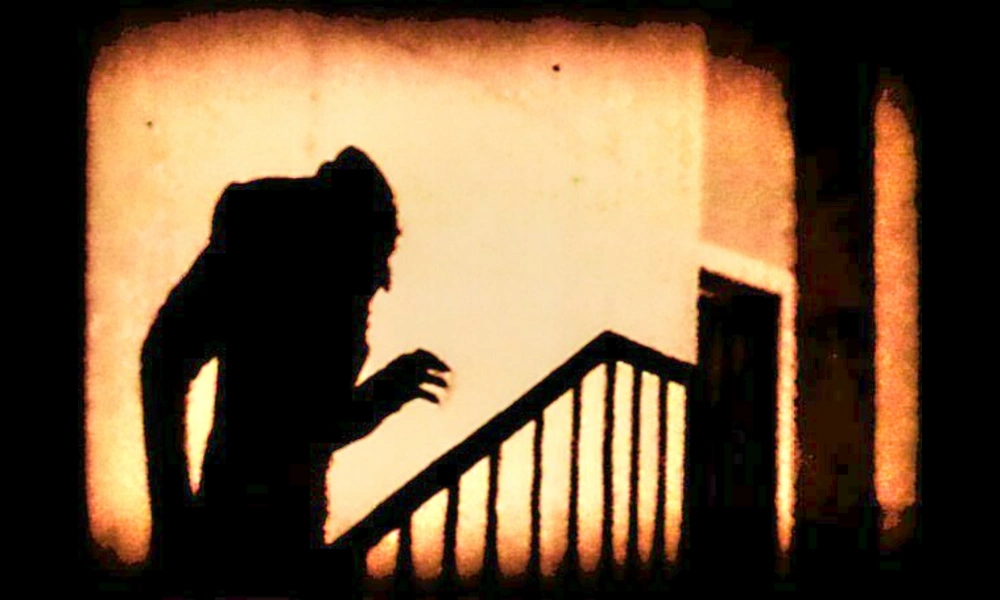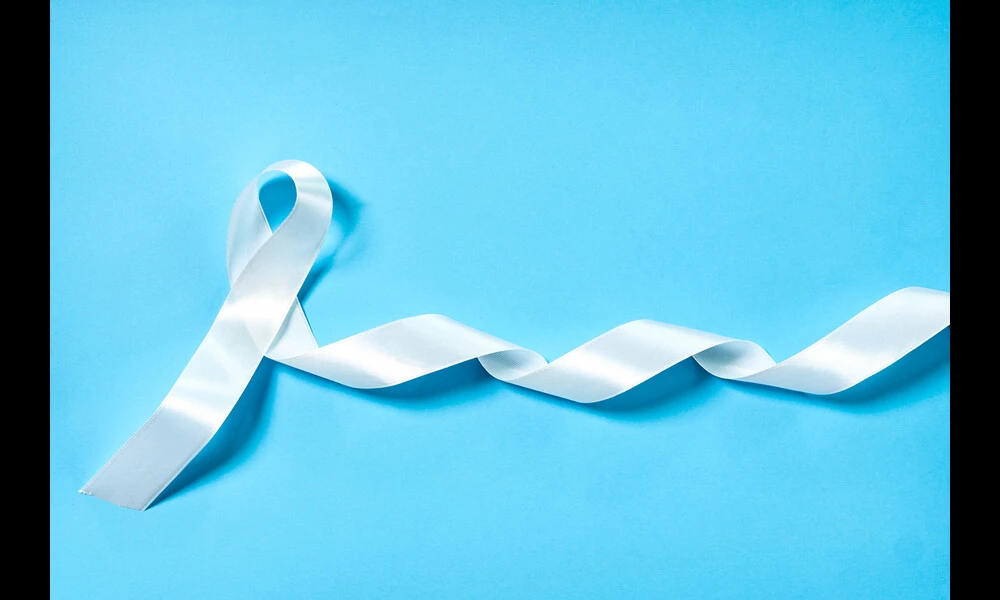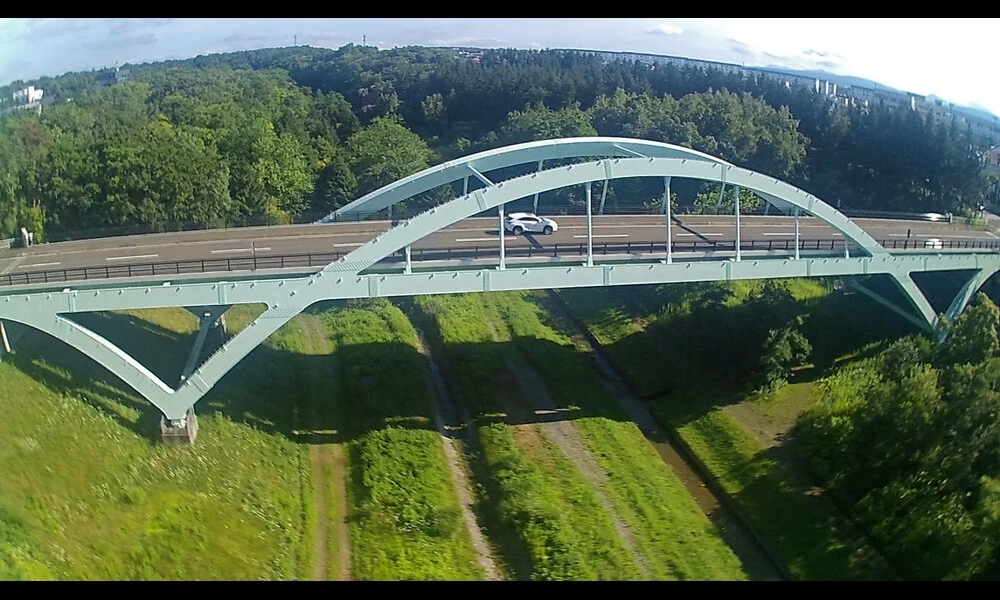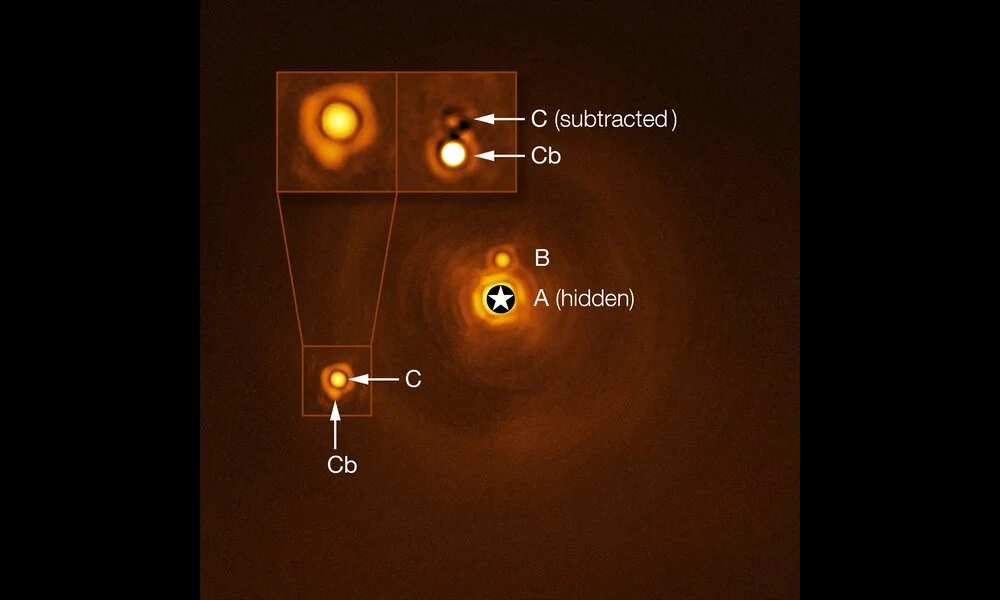Sound Amplifies Suspense in Horror Films Without Altering Time Perception, Study Suggests
Published on Sat Dec 23 2023 File:NosferatuShadow.jpg | 1970gemini on Wikimedia
File:NosferatuShadow.jpg | 1970gemini on WikimediaIn a recent study conducted by German researchers, the chilling corridors and shadow-clad corners of horror films were put under the microscope to unravel a mystery not of monsters or malevolent spirits, but of human perception. Specifically, the team set out to explore how suspense — a staple emotion elicited by the horror genre — affects our perception of time. Do the heart-thumping, nail-biting moments in horror films make time fly, or do they stretch every second into eternity? The study, "Modality Influences Perceived Film Suspense But Not Time Perception," delves into this intriguing question by examining the impact of audio-visual versus visual-only stimuli on viewers' sense of time and level of suspense experienced during horror film excerpts. The findings offer insights not just for film buffs and creators but for anyone fascinated by the nuances of human cognition.
Previous theories suggested that the intense focus suspense demands might alter our internal clocks, making brief moments seem longer or shorter than they are. By employing a mix of visual and audio-visual horror film clips alongside a time reproduction task — a method where participants indicate the duration of a superimposed visual cue — the study aimed to dissect the components contributing to our experience of suspense and its temporal distortions. Contrary to the researchers' expectations, while audio-visual clips were indeed found to be more suspenseful, this heightened suspense did not translate to altered time perception. Participants' estimates of the red cross's duration remained consistent, regardless of the clip's modality or the suspense level.
The research also casts a light on the role of sound in crafting suspenseful atmospheres. Audio, it seems, significantly amplifies suspense, especially in scenes where the visual cues on their own are ambiguous — leaving much to the imagination. This interaction between sound and suspense type provides a valuable cue for filmmakers and underscores the powerful, yet nuanced, ways through which auditory information shapes our emotional landscapes.
Despite not identifying a direct link between suspense and altered time perception, the study is a testament to the intricacies of human psychology and the factors that modulate our experience of time. It raises compelling questions about the "paradox of suspense" — the phenomenon whereby viewers feel suspense even when the outcome is known. Additionally, it highlights the importance of further investigation into not just the visual and auditory aspects of film but also the interplay of emotions, attention, and memory in shaping our viewing experience.
The exploration of suspense in horror films as detailed in this study reveals the complex choreography of factors that captivate audiences, from the eerie silence of a shadowy room to the sudden crescendo of a terrifying score. As viewers, our engagement with film is a dance of senses and perception, finely tuned by elements both seen and heard. For filmmakers and psychologists alike, the study unveils new layers in the anatomy of suspense, suggesting that the secrets to our deepest fears and thrills lie not just in what is presented, but in how we perceive and interact with these moments — both in the flickering light of the screen and beyond.



